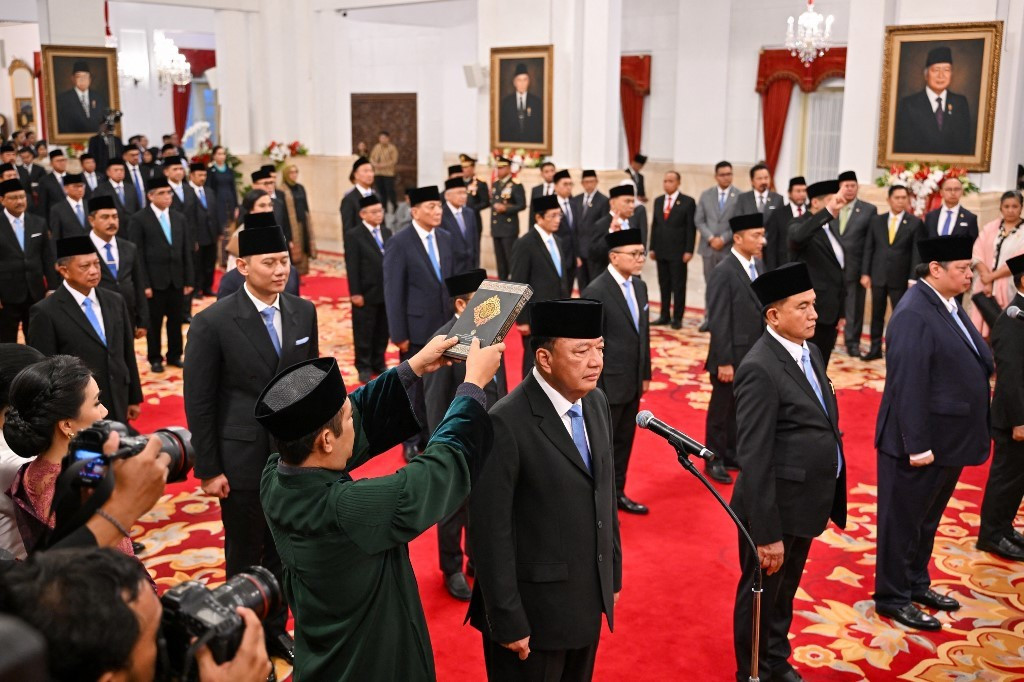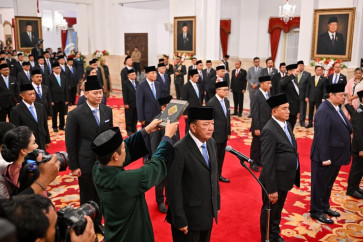Popular Reads
Top Results
Can't find what you're looking for?
View all search resultsPopular Reads
Top Results
Can't find what you're looking for?
View all search resultsPatronage or expertise: Indonesia’s bureaucracy at a crossroads
Every regime born of electoral democracy proclaims its faith in meritocracy, a system that values competence over connection, and professionalism over political convenience, but Indonesia tells a different story.
Change text size
Gift Premium Articles
to Anyone
P
resident Prabowo Subianto’s first year is a defining moment for Indonesia’s governance. It tests whether the promise of meritocracy, often invoked during campaigns, will remain a rhetorical flourish or evolve into a solid institutional foundation. This question probes beyond the President’s personality, challenging the deeper structure of political integrity he inherits and seeks to build.
Meritocracy is not merely about transparent recruitment or measurable performance indicators. It is a philosophy of power, an ethical question of leadership: who deserves to lead, those adept at political maneuvering, or those grounded in knowledge and expertise?
Indonesia now stands at a crossroads between two traditions: one rooted in professional governance, and another steeped in the familiar comfort of political patronage.
Every regime born of electoral democracy proclaims its faith in meritocracy, a system that values competence over connection, and professionalism over political convenience. Yet Indonesia’s long bureaucratic history tells a reversal story. Despite successive reforms, the state apparatus remains entangled in a culture of spoils and loyalty-based appointments.
The clearest manifestation of this lies in the growing size of the cabinet. New ministries, the proliferation of deputy ministerial posts and the establishment of fresh agencies often appear less about improving governance than about accommodating political allies. This inflation of offices has tangible costs: overlapping mandates, blurred accountability and heavier fiscal burdens.
More troublingly, this pattern distorts national priorities. Development agendas risk redirection from strategic public needs toward short-term political arrangements. The consequences are most acutely felt by those on society’s margins, women, children, persons with disabilities and indigenous peoples, whose welfare depends on consistent, efficient governance.
When politics dictates bureaucracy, the moral force of meritocracy collapses.



















